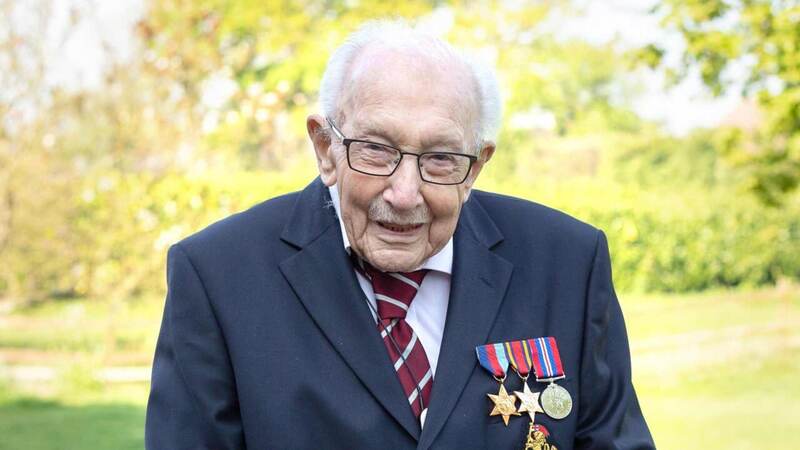You are viewing your 1 free article this month. Login to read more articles.
W H Smith to push Price Promise this summer
W H Smith has been offering customers money back if they find a cheaper copy at a local rival bookshop and feedback to the promotion has been "very positive", the company said.
The chain has also been handing out children’s loyalty cards, offering customers 20% off children’s books to the end of the calendar year.
The chain retailer’s Price Promise is designed to drive customer loyalty, in the company’s latest bid to improve business at its High Street arm, which has seen sales falling over the past few years.
The promotion was rolled out in the company’s High Street stores a few weeks ago and is now being offered in all 610 outlets.
If a customer buys a book from W H Smith, the firm is claiming that customers will not find the book cheaper anywhere else in the same town. If they do, the retailer is pledging to refund the difference and give the buyer an extra 10% off their next purchase.
"This is all about driving customer loyalty and reassuring customers on price," said Alastair Aldous, W H Smith Books business unit director. "This is even more important in the current marketplace as we continue to see the wider UK economic conditions causing the high street shopper to be very shrewd with their money. Driving customer loyalty is a core part of our books strategy —this is just one way that we are implementing it."
"We believe in our pricing, and therefore to reassure our customers —who like to shop around on the high street—we are guaranteeing they will not find [a particular book] cheaper elsewhere in the town," Aldous added.
He said feedback to the Price Promise had so far been "very positive" and would be featured in W H Smith’s main window for part of the summer, as well as on pavement signs.
The promotion builds on the 225-year-old company’s bid to recover book sales, which have been falling over the past few years. To counteract the decline, earlier this year W H Smith High Street unveiled a new books strategy for its High Street arm, designed to futureproof sales at the 610-strong chain for the next decade.
The plan involves refurbishing the larger shops in its High Street portfolio, conducting a review of its range and radically ramping up how it recommends books to customers. First trialed in its Reading [Berkshire] store, the strategy involves slimming down the range to have more books face out in stores, featuring more buyer’s recommendations on shelves to help customers with their selections and installing "hero" bays to champion big-brand authors such as Lee Child and George R R Martin. Staff in the firm’s 10 largest stores will also be given more time to talk to customers and hand-sell titles.
Aldous said the new strategy was proving effective, with sales improving “significantly”, and the roll-out to other branches well under way.
"The strategy is moving us in the right direction. We have rolled out the recommendation in our ranges across the whole of our estate. We are seeing good customer feedback on this and sales have improved significantly," Aldous said.
"We have also started to roll out our Reading store concept to more stores. Cheltenham, Salisbury, Winchester, Thurrock and Trafford are all up and running, with the next wave of stores in the construction phase."
Last week, the retailer revealed it was bringing back its Thumping Good Read Award for the first time in 15 years this month to boost its summer reading sales.
W H Smith’s book sales fell 7% in the first six months of its financial year to 26th February 2018, but the retailer said it had seen some "encouraging results" for its new High Street book offer for customers.
Sales and profit at W H Smith’s High Street arm were down in the period, with profit falling 6% to £50m, while like-for-like sales were down 4%. The company said the results were "as expected" following a challenging books market over Christmas. The Travel arm performed better, though, with trading profit up 5% to £41m, while revenue was up 3% on a like-for- like basis, driven by investment and ongoing growth in passenger numbers.
Overall, group profit decreased by 1% on the year before to £91m.















